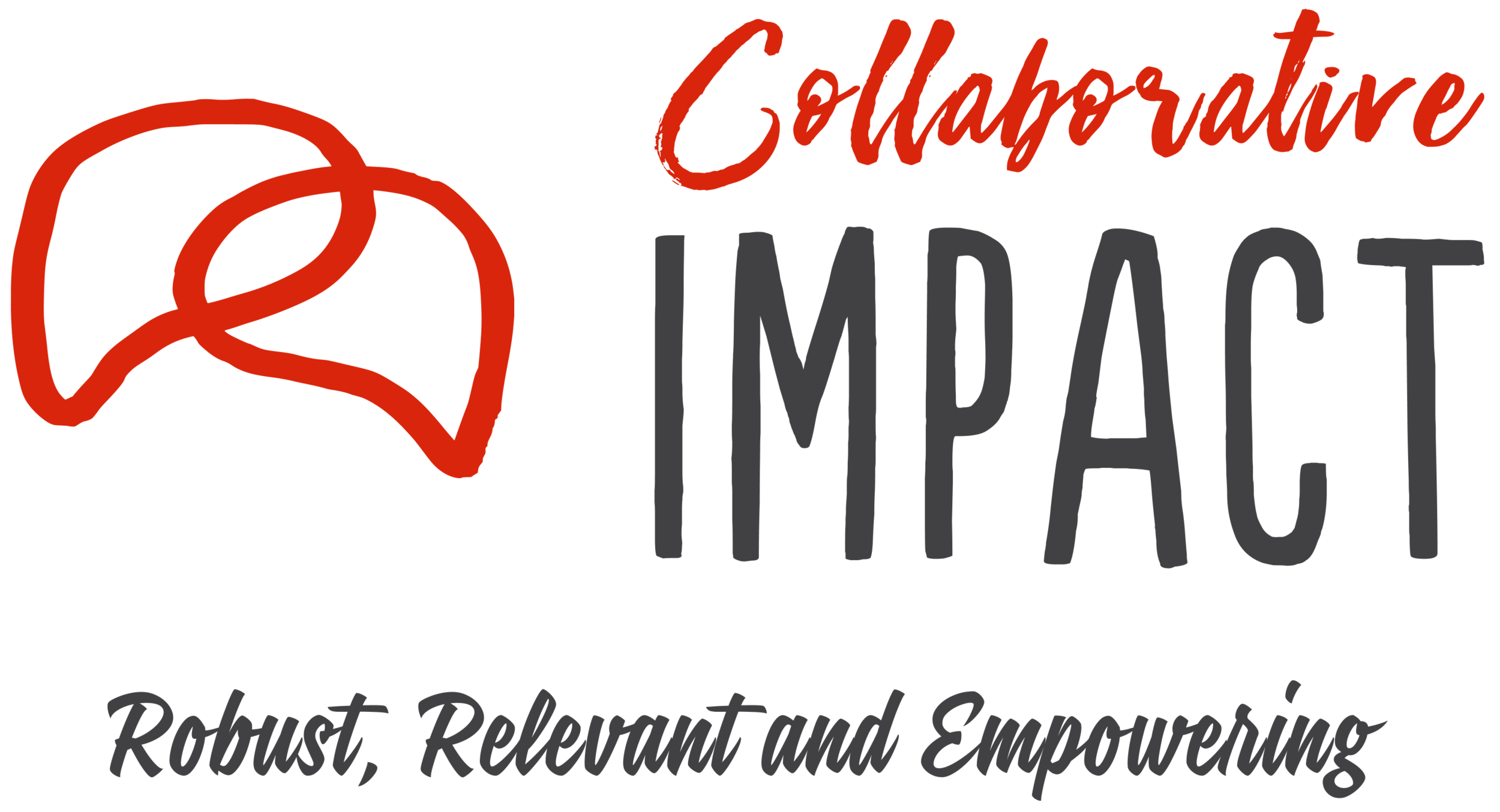INSTITUTIONAL STRATEGY REVIEW AND DESIGN FOR STRENGTHENING CITIZEN ENGAGEMENT IN THE COMMONWEALTH
Reviewing and designing an institutional Theory of Change, Strategic Plan, and MEL Framework with Commonwealth Foundation
Client
Commonwealth Foundation
Period
2020-2025
Service
Strategy and Learning
Locations
Global Commonwealth
Areas
Governance and Social Accountability,
Universal Health & Immunisation,
Climate Resilience
In 2020, the Commonwealth Foundation commissioned Collaborative Impact to undertake a Review of its 2017-2021 Strategy and to facilitate the design and drafting process for its next 2021-2026 Strategy, including its institutional Theory of Change (ToC) and its monitoring, evaluation and learning (MEL) framework. In 2024, we further supported the Foundation with conducting cross-portfolio multi-case study inquiries as part of a developmental review of the 2021-2026 Strategy.
The Commonwealth Foundation is a global intergovernmental organisation, uniquely mandated by the 56 Commonwealth member states to strengthen free and active civil societies, and to promote citizen participation and voice in governance across the Commonwealth.
Integrated Strategy Review and Design
Unlike a conventional evaluation that generates evidence to test for strength of contribution and to measure achievements against preset criteria, the Review focused on creating shared forward-looking insights regarding the Foundation’s value, niche and potential as the basis for strategic planning.
Specifically, Collaborative Impact was tasked with assessing the Foundation’s approaches, structure, and functioning in relation to its identity, operating environment, and external factors extending beyond its strategic plan. To build collective understanding and ownership, we actively engaged Foundation staff, managers, and stakeholders in an integrated review and design process.
Through a series of design workshops, we facilitated a collective visioning with all Foundation staff and managers of the Foundation’s future work. Three interlinked impact pathways (programmatic, strategic/diplomatic, and organisational) were identified and explored through cases selected as ‘signposts to the future.’
Mixed cross-unit and cross-programmatic teams engaged in strategic reflections on the Foundation’s achievements, drawing on case study evidence from triangulated stakeholder interviews with Foundation partners and members — including officials from the Commonwealth Secretariat, Member States, Accredited Organisations, and related governing bodies. This generated robust insights for the new strategy’s priorities and contribution claims and informed the construction of an institutional Theory of Change (ToC)
The final review report was shared widely, including with all governors. Feedback confirmed that it provided a strong roadmap for the future.
2021-2026 Strategic Plan: Page 5.
Collaborative Impact further assisted the Foundation in drafting the new Strategic Plan 2021-2026 and results framework, and facilitated the development of an outcome-focused MEL framework that combines traditional grants monitoring with Outcome Harvesting to encourage cross-programmatic learning and adaptive programming.
Developmental Strategy Review
In 2023-2024, Collaborative Impact continued to advice and support the Foundation with reviewing and refining its institutional ToC and MEL framework and developing the process and methodology for a case-study-driven contribution tracing as part of a developmental review of the 2021-2026 Strategy.
In 2025, as part of the Foundation’s Interim Report of Impact and Change 2021-2025, we conducted eight independent case studies showcasing most significant examples of how the Foundation’s work has driven change across the Commonwealth. These case studies capture evidence of concrete shifts in behaviours, relationships, legislation, policies, and procedures, illustrating the Foundation’s specific contributions to key outcomes under the 2021-2026 Strategic Plan. The cases were carefully selected to reflect the full breadth of the Foundation’s work.
The evidence-based approach ensures that the case studies not only highlight successes but also promote greater accountability and learning as we refine our strategy for the future. The case studies are woven into our broader story of impact and change across all aspects of our work.
Interim Report of Impact and Change: Page 11.


